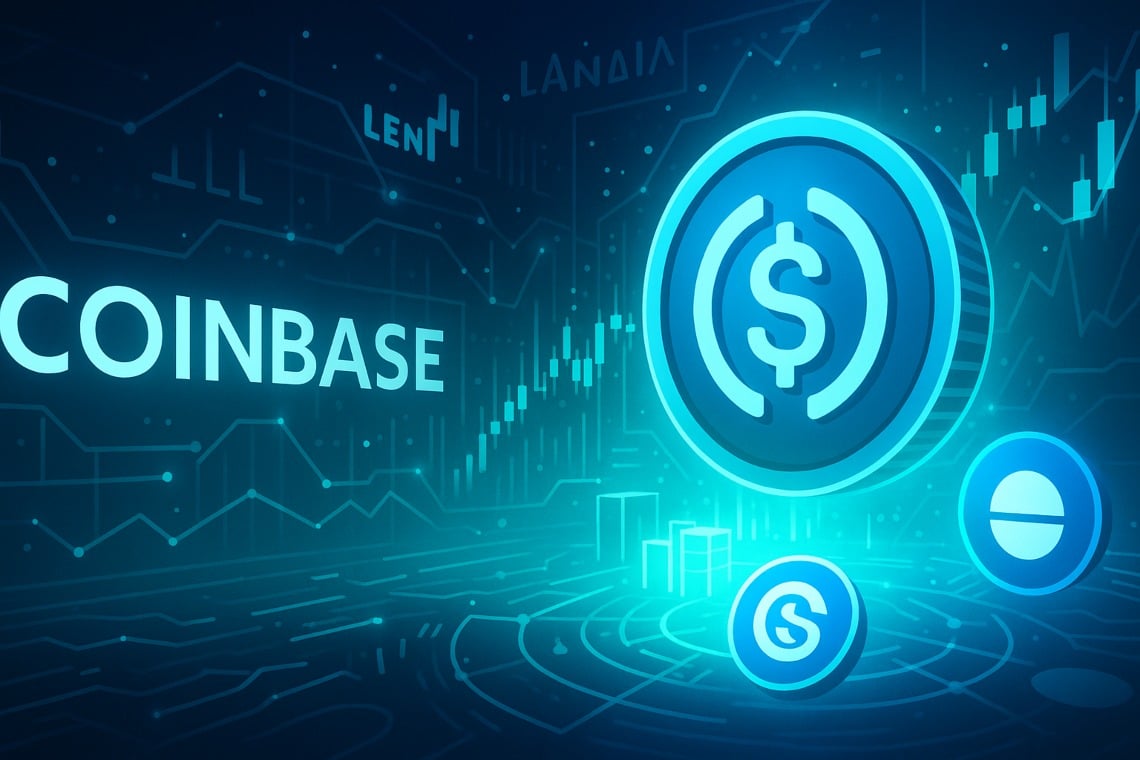Uniswap Proposes Protocol Fees and UNI Token Burns
The Uniswap Foundation has unveiled a governance proposal to activate protocol fees and introduce UNI token burns, marking a significant restructuring of the decentralized exchange ecosystem under a unified development model directed by Uniswap Labs.
The Uniswap Foundation's proposal represents a fundamental shift in how the leading decentralized exchange operates and generates value for token holders. This governance initiative aims to transform UNI from a governance-only token into one with direct economic utility through fee distribution and token burns.
Protocol fee activation would enable Uniswap to collect a portion of trading fees generated across its liquidity pools. Currently, all trading fees flow directly to liquidity providers, but the proposed change would redirect a percentage to the protocol treasury and potentially fund token buybacks and burns.
The introduction of UNI token burns creates a deflationary mechanism designed to reduce circulating supply over time. Token burns permanently remove coins from circulation, theoretically increasing scarcity and potentially supporting long-term value appreciation for remaining holders.
Uniswap Labs would assume a central role in ecosystem development under the unified model. This consolidation aims to streamline decision-making, accelerate product development, and create more cohesive strategic direction for the protocol's evolution.
The governance proposal requires community approval through Uniswap's decentralized voting mechanism. UNI token holders can vote on the proposal, with voting power proportional to token holdings. This democratic process ensures stakeholder input on fundamental protocol changes.
Fee structures under the proposal would likely vary across different liquidity pools and trading pairs. The exact percentage allocated to protocol fees versus liquidity provider compensation remains subject to governance parameters and community feedback.
Uniswap currently dominates decentralized exchange volume, processing billions in daily trades across Ethereum and multiple layer-2 networks. The protocol's market position provides substantial revenue potential from even modest fee percentages.
Critics of protocol fee activation argue it could reduce competitiveness against rival exchanges that don't charge protocol-level fees. Liquidity providers might migrate to platforms offering higher net yields, potentially fragmenting liquidity across the DeFi ecosystem.
Supporters contend that sustainable protocol development requires dedicated funding mechanisms. Protocol fees create recurring revenue streams that can finance ongoing improvements, security audits, and ecosystem grants without relying solely on foundation reserves.
The unified development model under Uniswap Labs addresses concerns about fragmented efforts and duplicated work across multiple development teams. Centralized coordination could improve efficiency while maintaining decentralized governance for major decisions.
Token burn mechanisms have gained popularity across cryptocurrency projects as value accrual strategies. By reducing supply, burns aim to create upward price pressure, though actual effects depend on demand dynamics and broader market conditions.
Implementation timeline for the proposal remains uncertain pending governance approval. Technical integration of fee collection infrastructure and burn mechanisms requires careful development and extensive testing to ensure protocol security and functionality.
Uniswap's evolution reflects broader trends in DeFi toward sustainable tokenomics and value capture. Early DeFi protocols often prioritized growth over revenue generation, but maturation has prompted reconsideration of economic models.
The proposal's economic impact extends beyond UNI holders to liquidity providers who might see reduced fee income. Balancing stakeholder interests presents challenges in designing fee structures that maintain liquidity while funding protocol development.
Regulatory considerations surrounding fee collection and token burns vary across jurisdictions. Protocol teams must navigate complex legal frameworks while implementing economic mechanisms, particularly regarding securities classification and taxation.
Comparative analysis with other DEX protocols shows varying approaches to value distribution. Some platforms implement fee-sharing with token holders, while others prioritize liquidity provider rewards or hybrid models balancing multiple stakeholder groups.
Market reaction to the proposal will likely influence UNI token price dynamics in the short term. Positive sentiment around value accrual mechanisms could drive buying pressure, while concerns about competitive positioning might create selling pressure.
The governance discussion surrounding the proposal provides insights into community priorities and concerns. Debate quality and stakeholder participation levels indicate ecosystem health and decentralization effectiveness.
Long-term implications include potential shifts in Uniswap's competitive positioning and market share. Success depends on balancing revenue generation with maintaining attractive conditions for traders and liquidity providers.
Alternative implementations could include tiered fee structures, dynamic adjustment mechanisms, or experimental approaches tested on specific pools before broader deployment. Community feedback may shape final implementation details.
También te puede interesar

Coinbase launches USDC lending on Base: up to 10.8% APY

U.S. banks slash prime rate to 7.25% following Fed meeting
